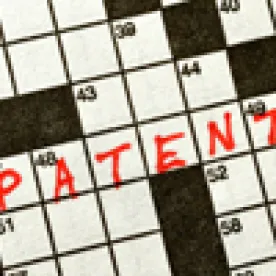In a long-awaited decision in the patent world, the U.S. Supreme Court, 7-2, rejected a constitutional challenge to the “inter partes review” (IPR) process, which permits the U.S. Patent and Trademark Office (USPTO) to determine that an already-granted patent claim is unpatentable via an administrative process. The decision in Oil States Energy Services, LLC v. Greene’s Energy Group, LLC, (Apr. 24, 2018), authored by Justice Clarence Thomas, maintains a key provision of the 2011 America Invents Act, in which the authority of the USPTO to entertain post-patent grant challenges was expanded considerably. The IPR process has been used to challenge thousands of granted patents.
Most significantly, the Supreme Court rejected Oil States’ argument that only an Article III court has the power to revoke a granted patent. The Court reasoned that the grant of patent rights involves “public rights” because it excludes the public from practicing what would otherwise be in the public domain. With respect to public rights, Congress has “substantial latitude” in determining how those rights are adjudicated. The revocation of patent rights, the Court reasoned, is no different because it “involves the same basic matter as the grant of a patent” and consideration of the same statutory requirements.
Further, the Court said, there is nothing by its nature that would require that patent validity be decided by a court. Historical practice is not determinative; rather, Congress may specify how “public rights”are resolved in multiple ways, including by reserving the power to decide issues itself, or by delegating that power to executive officers or judicial tribunals. Because of this flexibility, Congress has the authority to both adopt provisions that would resemble a court-like procedure, as well as permit validity determinations to be made by a “nonjury factfinder.” Thus, the IPR proceeding does not violate the Seventh Amendment right to a jury trial.
The Court emphasized that it was only determining the constitutionality of the IPR, and only to the extent of the “precise constitutional challenges” made. Thus, although the decision leaves the IPR proceeding intact, the door is slightly ajar for future challenges.



 />i
/>i
